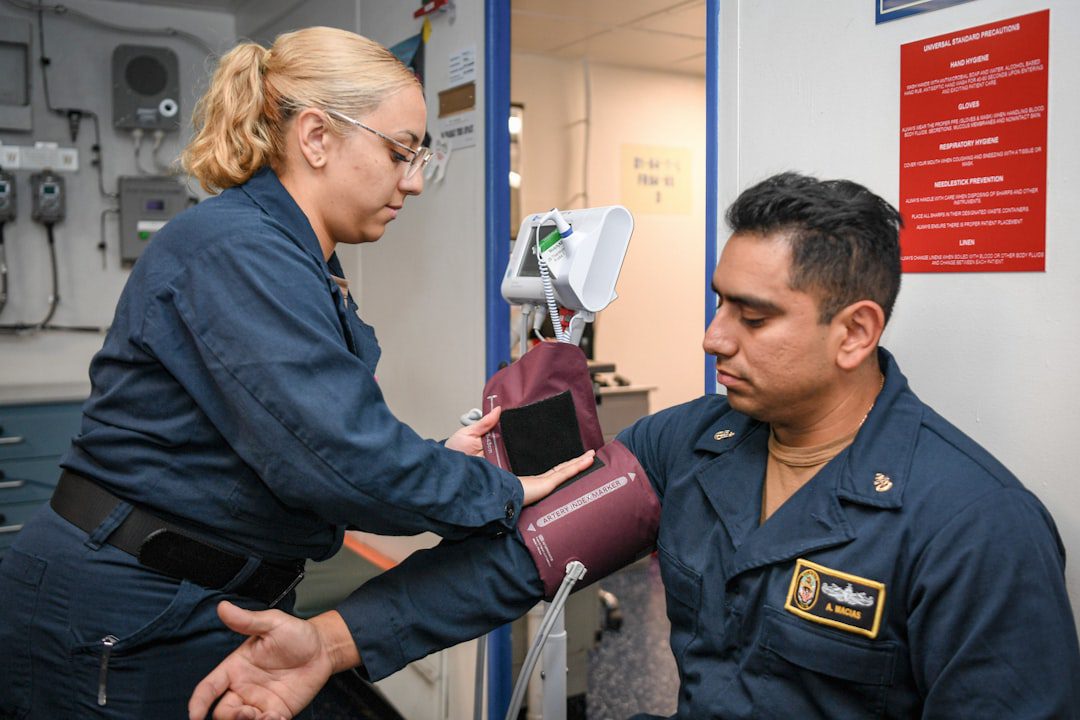
Understanding the Boston Scientific Defibrillation Lead Alert
The FDA has issued an updated alert regarding defibrillation lead issues from Boston Scientific, marking a significant development in the agency’s Communications Pilot to Enhance the Medical Device Recall Program. This alert serves as a critical case study for medical device manufacturers seeking to understand evolving FDA communication strategies and post-market surveillance requirements.
What This Alert Means for the Industry
This communication represents more than just a single device issue—it demonstrates the FDA’s commitment to enhancing transparency and proactive communication in medical device safety. The alert is part of a broader initiative to improve how recall information reaches healthcare providers and patients, potentially reshaping how manufacturers must approach post-market surveillance and communication strategies.
Key Implications for Manufacturers:
- Enhanced Communication Requirements: The pilot program signals potential changes in how manufacturers must communicate safety issues
- Proactive Surveillance Expectations: Earlier identification and reporting of potential device issues
- Transparency Standards: More detailed public disclosure of device performance data
Critical Actions for Medical Device Manufacturers
To maintain compliance and protect patients, medical device manufacturers should take immediate action to assess their current post-market surveillance systems and communication protocols.
Immediate Assessment Steps:
- Review Current Surveillance Systems: Evaluate your post-market surveillance program’s ability to detect similar issues early
- Audit Communication Protocols: Assess how quickly and effectively you can communicate safety information to stakeholders
- Strengthen Quality Management: Ensure your ISO 13485 QMS includes robust post-market surveillance procedures
Regulatory Context and Compliance Framework
Under 21 CFR 806, medical device manufacturers have specific obligations for reporting corrections and removals. This Boston Scientific case highlights the importance of:
- MDR Reporting: Timely submission of Medical Device Reports (MDRs) per 21 CFR 803
- Post-Market Study Obligations: Conducting required post-market studies as specified in 21 CFR 822
- Risk Management Integration: Applying ISO 14971 risk management principles throughout the device lifecycle
Best Practices for Post-Market Surveillance
Leading medical device manufacturers are implementing comprehensive post-market surveillance strategies that go beyond minimum regulatory requirements:
Proactive Monitoring Strategies:
- Implement real-time data collection systems for implantable devices
- Establish regular communication channels with healthcare providers
- Develop predictive analytics to identify potential issues before they become widespread
- Create cross-functional teams including clinical, regulatory, and quality personnel
Moving Forward: Preparing for Enhanced FDA Oversight
The Communications Pilot program represents a shift toward more transparent and proactive FDA oversight. Manufacturers should prepare for:
- More frequent and detailed safety communications
- Enhanced expectations for manufacturer-initiated communications
- Potential changes to recall classification and communication requirements
- Increased scrutiny of post-market surveillance data
By understanding these evolving expectations and implementing robust post-market surveillance systems now, medical device manufacturers can better protect patients while maintaining regulatory compliance in an increasingly complex regulatory environment.


No comments yet. Be the first to comment!